Campaign Spotlight: John Carroll University
Exploring the Roots of Fair Trade
Read about the journey of the John Carroll University students and their trip to Nicaragua. Our guest blogger is Grace Donnelly – a member of the Fair Trade Colleges & Universities National Steering Committee and a leader for Fair Trade John Carroll.
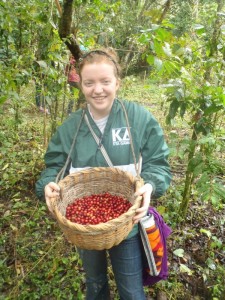
Grace in Nicaragua!
Visiting Nicaragua
This past January I traveled to Nicaragua as part of an immersion trip heavily focused on fair trade and free trade. While I had studied fair trade and free trade at John Carroll, I was missing a direct learning experience. The trip promoted learning through “contact over concept”, which gave me the opportunity to meet the people I had been advocating for through the John Carroll Fair Trade Committee.
We visited a free trade zone and spoke with two executives at a factory as well as a union board. We also heard from those involved in advocating for or against CAFTA (the Central American Free Trade Agreement) before it was put into effect in 2009. Most importantly, we were able to meet the people most affected by both free and fair trade; the factory workers, artisans, and farmers. Each created a wider perspective of fair trade with an understanding of various viewpoints.
Observing the Beauties and Injustices
The most powerful experience for me was a series of home- stays. Our group was welcomed into the homes of families in Batahola, a neighborhood in Managua, and Mirafore, a village up in the mountains. Throughout this experience we built deep relationships and more fully appreciated the reality of the Nicaraguan people. We were able to observe the beauty and injustices from the families we joined.
While visiting a cooperative community in Miraflore the most obvious issue faced by the community was the coffee rust or “la roya” – a crop disease that has spread to Central America in recent years. The cooperatives in the area had been greatly affected by coffee rust, which decimated much of crop. During times of stress (early January-February) the need for the fair trade premium is much more obvious, since coffee rust has negatively affected much of the cooperatives’ income.
Upon returning to John Carroll our group reflected on what solidarity means to us, we came up with this:
“Solidarity means mutual relationships. It means breaking bread together under the same roof – often bread in the form of tortillas. It means living in friendship with the poor and giving dignity through that friendship. Solidarity means feeling connected to other people, feeling so much a part of their family that you can’t help but hurt when you see that the rest of the world does not treat them with respect or dignity. It means receiving love from the poor and choosing to give love right back. In choosing to live in solidarity, you are loving people entirely, and letting that love impact your decisions every day.”
After this trip, fair trade and the work for a more just world has become very personal. Now I can put a face to fair trade and a voice to the struggle for justice.

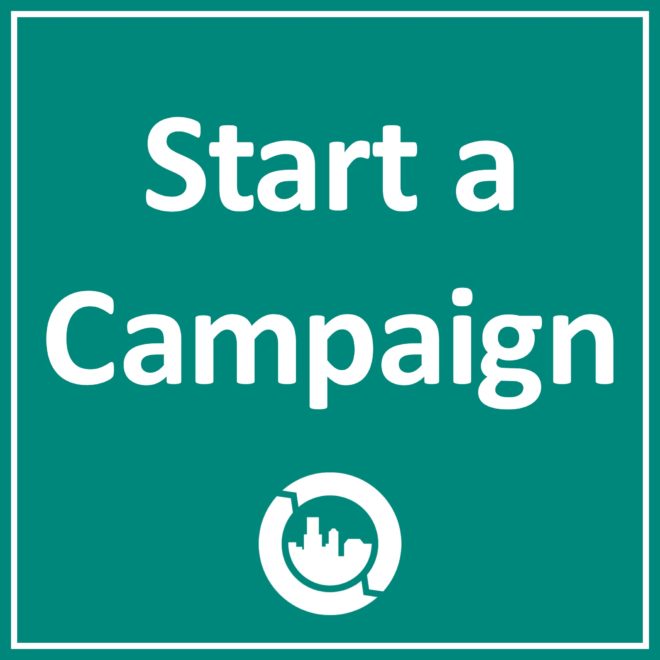

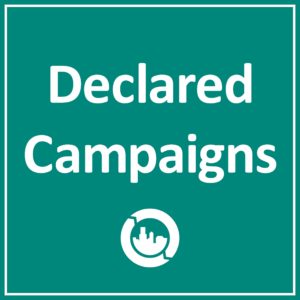
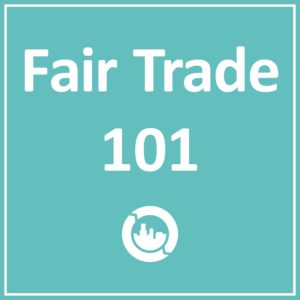
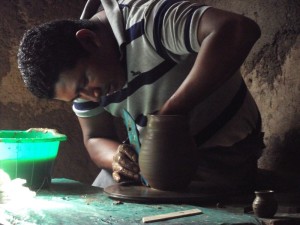
You must log in to join the discussion. If you are not already a member registering is easy.